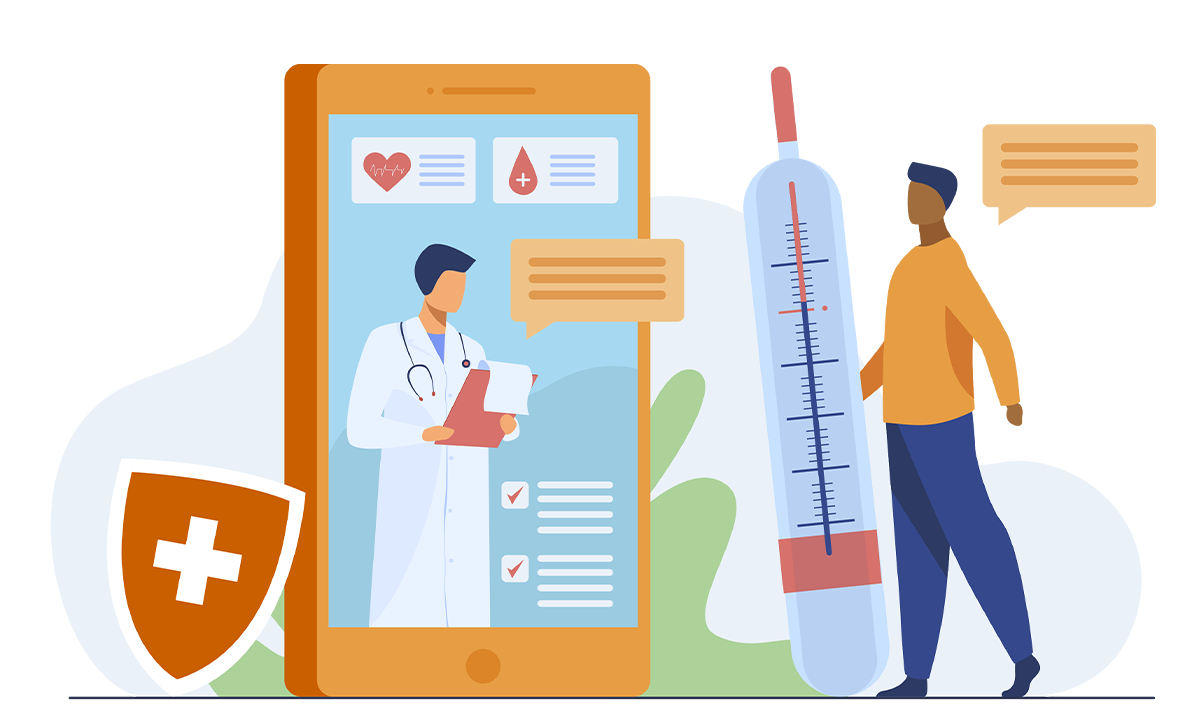This Course Structure is Curated as per the NEP-2020 Guidelines
Course Overview
The M.Sc. Health Data Science program at Malla Reddy Vishwavidyapeeth, Hyderabad, is a postgraduate course designed to equip students with the knowledge and skills needed to analyze, interpret, and utilize health-related data to drive decisions and improve healthcare outcomes. This program focuses on integrating advanced data science techniques with healthcare, enabling students to handle large datasets, perform predictive analytics, and apply machine learning models to health-related problems.
This program focuses on equipping students with the theoretical knowledge and hands-on skills from 1st semester itself. The curriculum covers essential topics such as statistical analysis, data mining, machine learning, healthcare informatics, predictive modeling, and data visualization, all tailored to the healthcare sector. Students also gain hands-on experience in handling health data, developing algorithms, and using software tools for data analysis, while addressing privacy, security, and ethical issues specific to health data.
Graduates of this program emerge as ‘Skilled Health Data Scientists’, enabling them to pursue further higher studies & do research in Health Data Science program along with plenty of job opportunities globally.

Course Details
Description: 2 Years Degree Program
No. of Seats: 20
No. of Credits: 80 minimum & as specified
- Eligibility
- Curriculum Structure
- Program Outcomes
- Career Enhancement
- Higher Studies
- Job Roles & Progression
Academic Qualification: A Bachelor’s degree in B.Sc. Health Data Science/Health Informatics/Digital Health or equivalent with at least 50% aggregate marks from a recognized university.
Semester | Name of the Subject |
Semester 1 | Introduction to Health Systems |
Semester 2 | Principles of Epidemiology & Research Methodologies |
Semester 3 | AI/ML/Gen AI/ computer vision |
Semester 4 | Research Project / Thesis |
- Health Data Management: Proficiency in collecting, cleaning, organizing, and managing large-scale healthcare datasets from diverse sources.
- Statistical Analysis in Healthcare: Advanced skills in applying statistical methods to derive insights from health data for research and clinical applications.
- Machine Learning in Healthcare: Expertise in developing and applying machine learning algorithms to analyze patient data and predict outcomes.
- Big Data Analytics in Healthcare: Knowledge of handling and analyzing large volumes of healthcare data using tools like Hadoop, Spark, and cloud platforms.
- Integration of Digital Health Technologies: Competence in combining IoT, wearable data, and electronic health records (EHR) for comprehensive health analysis.
- Ethical and Regulatory Aspects of Health Data: Understanding of patient privacy laws, data security, and ethical considerations in health data handling and analysis.
- Data Visualization and Communication: Skills in creating visualizations and dashboards to effectively communicate health insights to stakeholders.
- Certification in Health Data Analytics: Advanced training in statistical and machine learning techniques tailored for healthcare.
- Big Data in Healthcare Certification: Focus on managing and analyzing large-scale health datasets using advanced tools.
- AI and Predictive Modeling Certification: Specialization in applying AI and predictive models to healthcare challenges.
- Health Data Visualization Certification: Training in creating dashboards and visual analytics for healthcare insights.
- Ethics and Privacy in Health Data Certification: Knowledge of regulations like HIPAA, GDPR, and data ethics in healthcare.
- Ph.D. in Health Data Science: Research opportunities in advanced analytics, AI applications, and predictive modeling in healthcare.
- Postgraduate Diploma in Biostatistics: Specialized focus on statistical methods in healthcare and clinical research.
- M.Sc. in Computational Health: Advanced study in computational techniques for analyzing health data.
- M.B.A. in Health Technology and Data Management: Training in managing healthcare IT and data-driven decision-making processes.
Duration | Roles and Responsibilities | Salary Range |
0-3 years | Health Data Analyst, Biostatistician, Data Engineer in Healthcare | ₹6,00,000 – ₹9,00,000 per annum |
3-5 years | Senior Data Scientist in Healthcare, AI Specialist, Clinical Data Manager | ₹9,00,000 – ₹14,00,000 per annum |
5-10 years | Health Data Science Project Manager, Director of Analytics, Healthcare Technology Consultant | ₹14,00,000 – ₹22,00,000 per annum |
10+ years | Chief Data Officer in Healthcare, Director of Health Informatics, Global Health Data Consultant | ₹22,00,000+ per annum |

Fee Structure Per Academic Year
| Tuition Fee | Miscellaneous Fee | Scholarship | ||
| 200000 ₹ | 15000 ₹ | Above 90% – 40000 ₹ | Between 81-90% – 20000 ₹ | Between 71-80% – 10000 ₹ |



